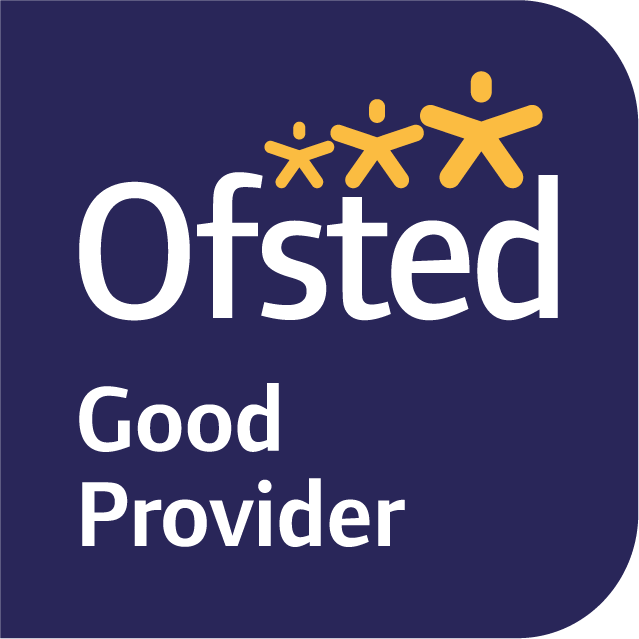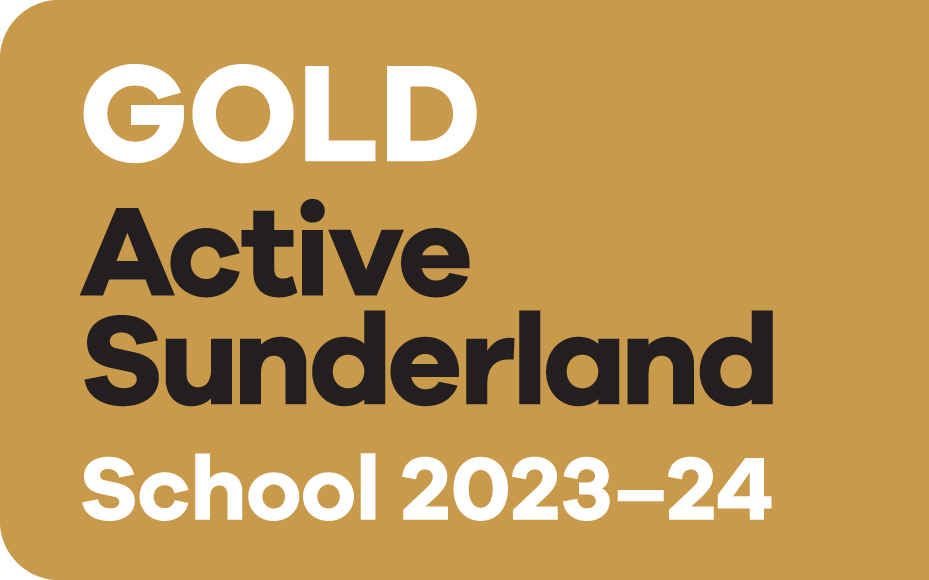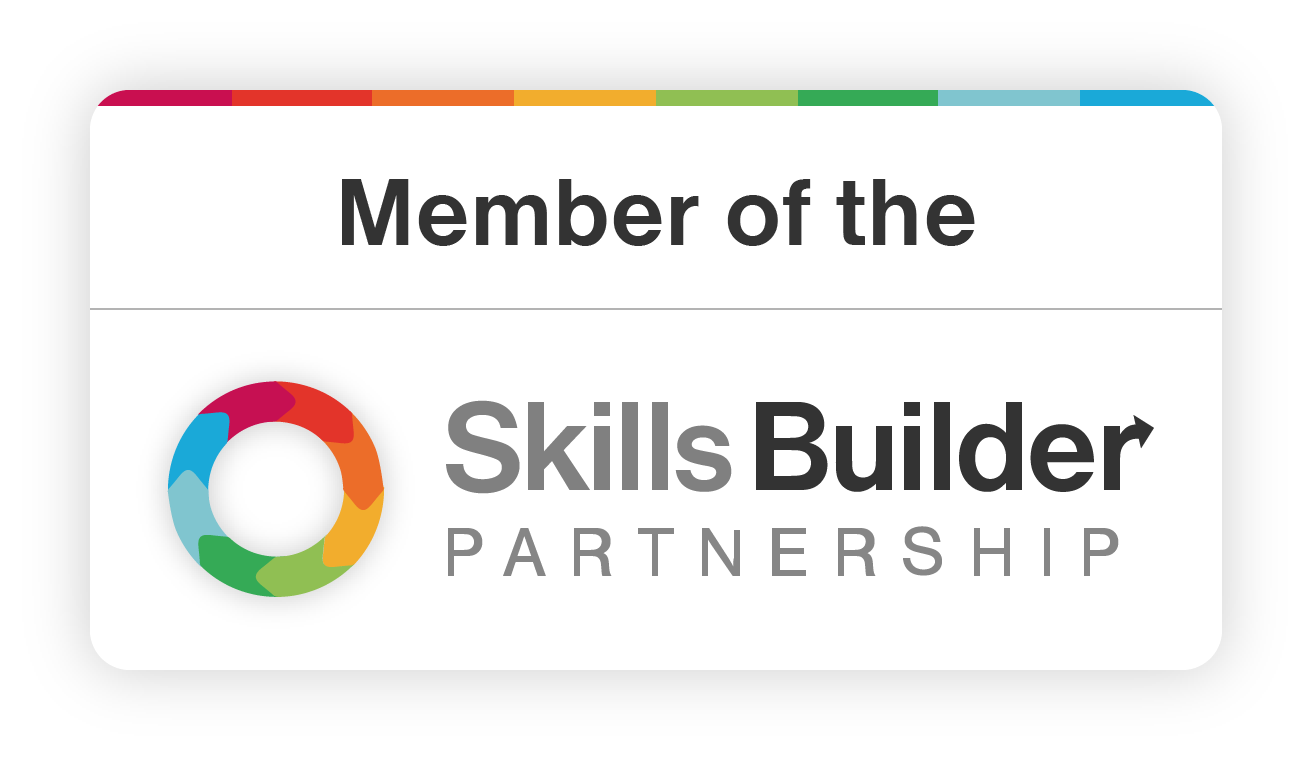Mathematics
Mathematics is taught as a specialist subject at Thornhill Academy.

The KS3 curriculum has been designed to consolidate and build upon prior learning from KS2. At KS3 we aim to ensure all students:
- Have access to a high-quality curriculum that is both challenging and enjoyable to learn.
- Are provided with a variety of mathematical opportunities, which will enable them to make the connections in learning needed to enjoy a greater depth in learning.
- Develop the fundamentals of mathematics, including through varied and frequent practice with increasingly complex problems over time, so pupils develop the ability to recall and apply knowledge rapidly and accurately.
- They can solve problems by applying their mathematics to a variety of contexts with increasing sophistication, including breaking down problems into a series of simpler steps and persevering in seeking solutions.
- Reason mathematically by following a line of enquiry, identifying relationships and generalisations, and developing an argument, justification, or proof using mathematical language.
- Ensure children are confident mathematicians who are not afraid to take risks.
Key Stage 3
Year 7
- Number
- Expressions and Equations
- Measures
- Shapes and Angles
- Fractions, Decimals and Percentages
- Probability
- Data Handling and Statistics
Year 8
- Percentages
- Money
- Indices
- Sequences
- Ratio
- Standard Form
- Surface Area and Volume
- Transformations
- Graphs
Year 9
- Fractions and Percentages
- Probability
- Quadratic Equations
- Constructions
- Ratio and Proportion
- Compound Measures
- Data Handling and Statistics
- Vectors
Key Stage 4
The curriculum in Key Stage 3 and Key Stage 4 follows a learning journey based around the National Curriculum. It is designed and organised into six domains: Algebra, Geometry & Measures, Number, Probability, Ratio & Proportion and Statistics. The content is sequenced as such that pupils can make and develop connections across mathematical ideas to increase their mathematical fluency, reasoning and competence in solving problems.
The expectation is that the majority of pupils will move through the learning pathways at broadly the same pace. Pupils who grasp concepts rapidly will be challenged through being offered rich and sophisticated problems before any acceleration through new content. Those who are not sufficiently fluent with earlier materials should consolidate their understanding through additional practice before moving on.
The Key Stage 3 schemes are set up to follow the same subject areas throughout the year to ensure with any movement a pupil will not miss out or repeat any part of the subject. The Key Stage 4 learning pathway consolidates and builds upon the prior learning from Key Stage 3 while following the Foundation or Higher subject-specific content. Currently, the department enters Foundation Tier candidates for OCR J560F GCSE and Higher Tier candidates for the Edexcel 1MA1H GCSE exam board.
There is a responsive and reflective assessment style approach across the curriculum to ensure pupils are taught their individual needs.
Year 10
- Percentages
- Simultaneous Equations
- Trigonometry
- Constructions
- Graphs
- Compound measures
- Ratio
- Sequences
- Transformations
- Data Handling
Year 11
- Surds
- Algebraic Fractions
- Pythagoras and Trigonometry
- Circle Geometry
- Inequalities
- Functions
- Iteration
- Proof



